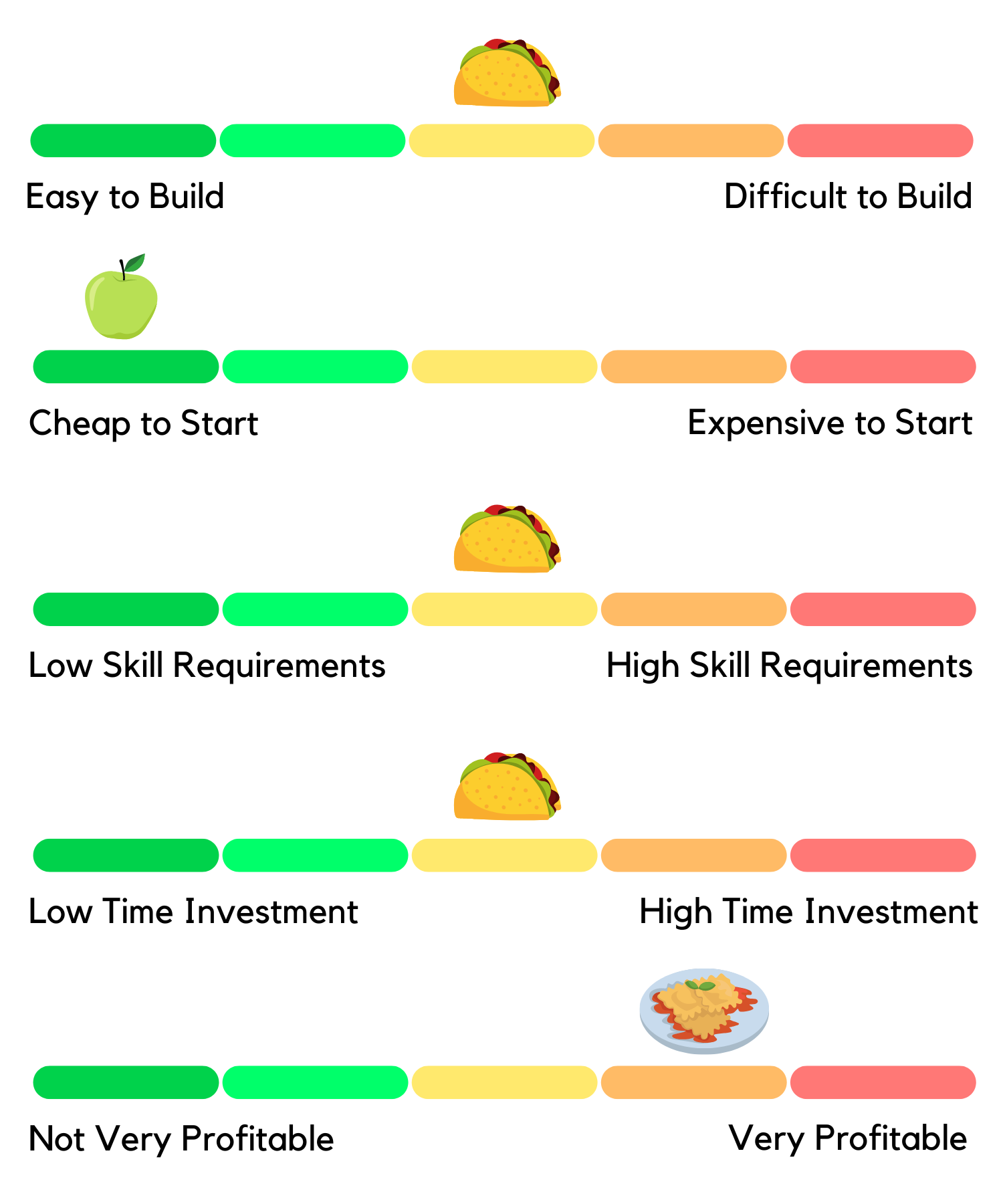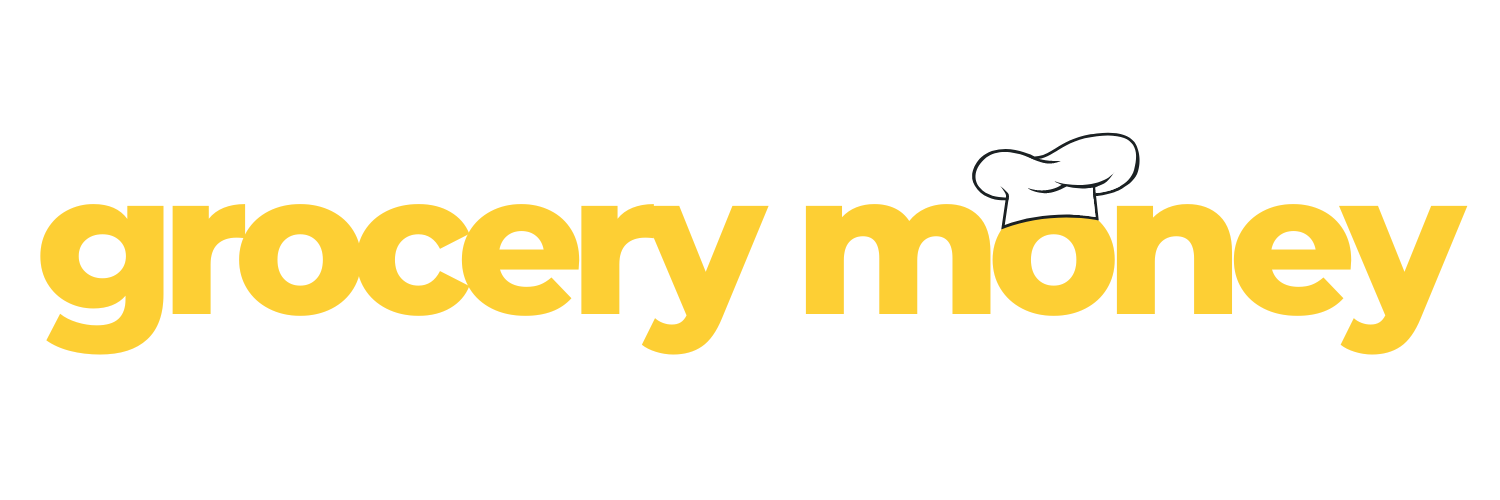She's Proof You Can Quit Without A Plan

Read Time: 3 mins
Today's side hustle is...


Lately, I’ve noticed a lot of talk online about when to quit your job to go all-in on your side hustle.
Justin Welsh says to “Build your side hustle to 60% of your salary” before quitting.
Dickie Bush says to quit when it “doesn’t make financial sense to keep working at your job.”
Joe Rogan, in an old podcast episode, once said to “put aside enough money to give yourself a window…have a plan…and do it like your life depends on it.”
You may not entirely agree with these people.
But fundamentally, this isn’t bad advice.
Me, personally? I need one year’s worth of living expenses saved up and for my idea to be a “f*ck yes.”
It’s both quantitative and qualitative (see Ms. Song? I paid attention in 9th grade science class).
My side hustle today brings in about 20% of my income. It would take another two years to reach Justin’s ideal quit-your-job scenario.
But each day in corporate, I’m getting more complacent.
One year into corporate, I catch myself thinking, “just give me my bi-weekly check so I can blow it all on overpriced Whole Foods items already.” Imagine the complacency I’d have in two MORE years.
There is no right answer. And today’s story proves that.
Diana successfully quit their full-time job without having all her ducks in a row. In fact, her first year was a mess.
“So many failures” as she described it to me.
But today, she’s growing her business 30% YoY and earns over $10,000+ each month.
Read her side hustle story below.
Pre-Story Exercise: Would Future "You" Want To Quit Your Job?
Before diving into the story, here’s a quick exercise that helps me GAIN conviction for going all-in.
It takes about 15 minutes. The goal was for me to audit the benefits of working a corporate job outside the consistent income it offers.
Pull up a blank document and ask yourself:
- What skills do I still need to learn about building a business that my job can teach me? (Sales, marketing, etc.)
- If I work another 10 years, will I be more or less interesting as a person?
- How safe do I feel at my job?
- Does corporate culture make me more or less honest as a person?
- If (or when) I have a family, what does my ideal week look like?
I find that these questions are more productive than my scarcity brain. The one that says:
- What if my idea doesn’t work?
- Will I be able to get another job if I fail?
- Am I playing it too risky?
If you’re curious, you can read my own answers to this exercise at the bottom of this issue.
Story: How Diana Quit Her Job Without A Plan and Fought Her Way To $10k+ Monthly
Diana is a full-time brand marketing consultant for beauty and wellness brands. Her story is a prime example of quitting a stable job to follow a deep intuition and interest in the beauty niche.
She quit her job one year into her corporate job.
The first year after quitting? A total mess, full of failures and foundational lessons.
She was living at home.
Quit at $1–2k in monthly revenue from her side hustle.
Underpriced herself massively in the first year.
And didn’t have a clear business offer.
Yet, today she clears over 5 figures a month with her consulting business.
And no, she wasn’t already an expert consultant from her corporate years. She was a marketing communications manager for a year, then took the leap.
Today, it’s clear what value her business offers: She helps wellness brands by growing their distribution channels, brand visibility, brand clout, and growing their brand partnerships.
Why it works
Diana helps growing brands get global distribution for their products.
Sounds complicated, right?
But how she knew it would work was from running her family’s business.
Diana’s “unfair advantage” was that she had familiarized herself with the process of getting international distribution for her family’s medical supplies company. So she applied it to an industry that she felt passionate in, the beauty and wellness space.
Starting costs
“When I was starting, costs were very low to none since it was just me and I had no overhead. Now it’s more of a legitimate business and have contractors, professional fees and am also funding my second business, a beauty brand, with what I make.” – Diana
Necessary Skills for Brand Consulting
A side hustle like this requires specialized knowledge (how global distribution works) in a niche industry (beauty and wellness).
Besides that, Diana always leaned on her strong sales skills.
In fact, she booked her first client through a cold email.
Remember, in the beginning she was all over the place – offering help in everything from website make-overs to global distribution. It was her learning phase. And she did anything to help her single client grow their business.
Sales, through cold DMs and emails, is what earned her her first client. And sales, through messaging her entire network of friends and family, is what allowed her double her revenue within the first year as a full-time business owner.
Time investment
Diana started this business as a side hustle and worked on it for one year before quitting her job.
“When I started, I only had one client. It was about 10 hours a week.” – Diana
Earnings
“It started with $1-2K with my first client, and over time that grew as my client base grew. Today varies depending on my client base and projects, but I bring in 5 figures on a monthly basis.” – Diana
Today, her full-time consulting business earns about 50% net profit margin.
We’ll share Diana’s full, in-depth interview on our website (along with dozens of detailed side hustle stories) in the near future.
Subscribe to our newsletter if you want us to notify you when we release our story database.
Frey's Exercise Answers
- What skills do I still need to learn about building a business that my job can teach me? (Sales, marketing, building an audience, etc.) Sales. The #1 reason I got a job in software sales was to learn how to sell. Just a year ago, I thought I was great at sales. But I actually sucked at sales. Now I know how to do cold outreach, build a pipeline, and handle objections. Biggest takeaway? Cold messages WORK.
- If I work another 10 years, will I be more or less interesting as a person? Corporate life has dulled my personality. Becoming uninteresting is one of my biggest fears. I’d hate to be the old uncle at Christmas dinner who only talks about work. I’m already giving 30% boring uncle energy.
- How safe do I feel at my job? Uhh…with these layoffs? Not secure at all. Plus, sales is a rollercoaster of the highest highs and lowest lows.
- Does corporate culture make me more or less honest as a person? Last month, I interviewed for a promotion and answered a question saying “I was a bit on vacation mode in December,” when asked about one month’s low sales numbers. The interviewer effectively said “you shouldn’t be that honest in an interview.” Fair enough. But yikes.
- If (or when) I have a family, what does my ideal week look like? Too early to say. But I’ve always wanted to be a dad. I’m betting $1 million bucks I’ll want my weekday mornings and early afternoons to watch those stinkers grow up.

Subscribe to the newsletter
Join side hustlers who are earning beyond their full-time jobs. Unlock side hustle ideas and tips to earn an extra $500–$10,000 a month by building a legitimate side business.

Subscribe to the newsletter
Join side hustlers who are earning beyond their full-time jobs. Unlock side hustle ideas and tips to earn an extra $500–$10,000 a month by building a legitimate side business.